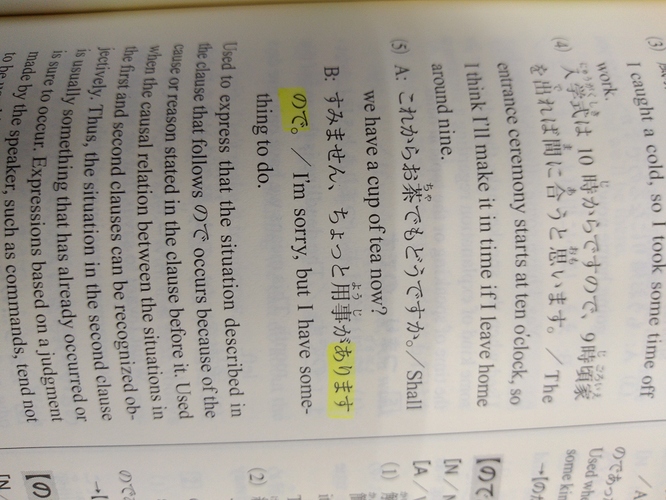Hello,
Can anyone help guide me on when it is appropriate to use ~ます form in dependent clauses? I had sort of gotten the impression that ~ます is usually reserved for the ends of sentences only – however, the ~いたす lesson has an example that contradicts this:
お話しいたしますので、少々お待ちください。
I thought maybe this was a quirk of humble speech, but there is another example of a relative clause that uses a regular verb ending with ~いたす which seems to contradict the above:
まだその映画を拝見いたしていないので、一緒に見に行きませんか。
Are they both appropriate then?
(I’ve reviewed two other related questions which seem to indicate that usually dictionary form is used in dependent clauses but that doesn’t seem to be applying to the above.)
Thank you!
Edit: I had thought only ~ます was accepted in the first example but plain form was as well, I just fat-fingered it 

